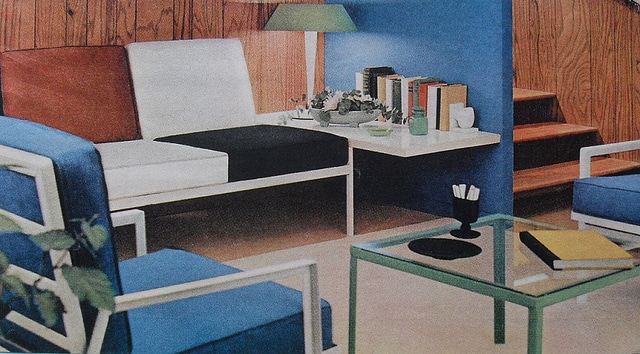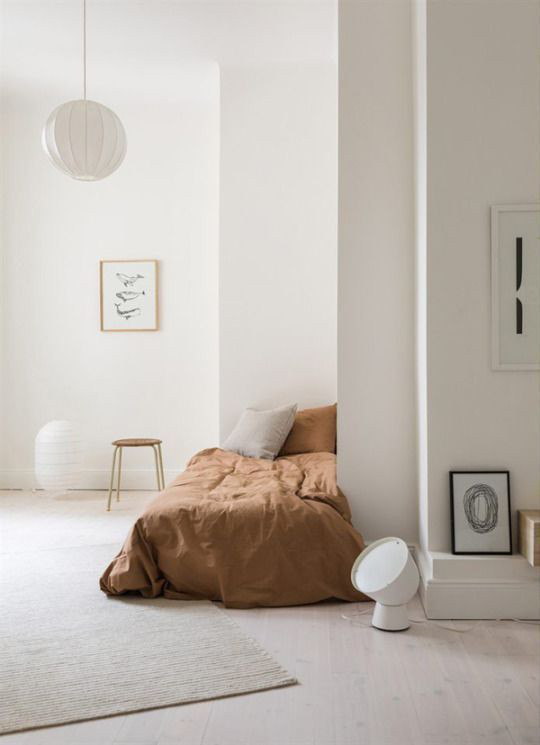The Art of Minimalism: Just How Embracing Less Can Lead to a More Satisfying and Purpose-Driven Way Of Living
The art of minimalism offers a compelling paradigm change, motivating individuals to focus on quality over amount in both experiences and properties. As we think about the implications of this lifestyle, one must contemplate: just how can the act of allowing go change our partnerships and individual desires?
Comprehending Minimalism
Minimalism, often defined as a way of living choice, emphasizes the importance of deliberately curating one's belongings and experiences. At its core, minimalism supporters for a calculated technique to living, urging people to concentrate on what genuinely matters while eliminating disturbances and extra. This viewpoint discovers its roots in various social and imaginative motions, developing into a comprehensive way of living that goes beyond simple visual appeals.

Furthermore, minimalism serves as a response to the consumer-driven society that often relates happiness with product accumulation - Minimalism. By supporting for simplicity and intentionality, minimalism difficulties societal standards and promotes mindfulness in intake. In this method, it cultivates a deeper connection to oneself and the environment, paving the method for a life rooted in credibility and satisfaction
Advantages of a Minimalist Lifestyle
Embracing a minimal lifestyle uses numerous advantages that expand beyond plain decluttering. At its core, minimalism cultivates a profound sense of clarity and focus.
Furthermore, minimalism urges monetary liberty. With fewer possessions to keep and acquire, people can allocate sources towards experiences and investments that advertise personal development and fulfillment. This change in perspective can lead to an extra sustainable way of living, as minimalism typically aligns with eco-conscious options, lowering one's carbon footprint.
In addition, the practice of minimalism grows more powerful relationships - Minimalism. By focusing on meaningful interactions over material possessions, people can foster much deeper connections with friends and family, improving their social lives
Practical Steps to Declutter
Decluttering is an essential step towards accomplishing a minimalist way of living and requires an organized technique. Begin by setting clear goals for the decluttering process. Determine which areas of your lifeâEUR" be it your home, work space, or digital spaceâEUR" require attention first.
Following, use the "one in, one out" policy to keep balance as you declutter. For each brand-new product that enters your life, consider eliminating an existing one. This principle help in protecting against future clutter build-up.
Embrace the four-box approach: label boxes as "keep," "contribute," "market," and "garbage." As you arrange through each item, location it in the proper box. This method not only enhances decision-making yet also offers a graph of your progression.
Dedicate and set a timer to brief, concentrated decluttering sessions. By integrating these practical actions right into your lifestyle, you can create a well organized atmosphere that promotes clarity and objective, enhancing the core values of minimalism.
Cultivating Mindfulness Through Minimalism

When we adopt a minimal lifestyle, we come to be much more discerning regarding our possessions, relationships, and dedications. As we practice allowing go of non-essential diversions, we can redirect our focus towards significant experiences, improving our psychological well-being.
Moreover, minimalism welcomes us to slow down and mirror. The process of decluttering becomes a mindfulness workout, prompting us to examine our objectives and worths. By doing this, minimalism is not just concerning lowering product goods; it is a pathway to deeper self-awareness and a much more meeting, purpose-driven presence.
Building Meaningful Links

When we welcome minimalism, we may discover ourselves extra present in our interactions. Minimized disturbances enable us to involve fully with others, promoting real communication and empathy. This willful technique brings about stronger bonds, as we invest high quality time and emotional power right into the connections that line up with our worths.
In addition, minimalism equips us to let go of hazardous connections that drain our power and you can try this out detract from our health. Inevitably, constructing purposeful connections through a minimalist lens allows us to lead an extra purpose-driven life, where partnerships are not simply countless, yet profoundly impactful.
Conclusion
In conclusion, accepting minimalism cultivates a lifestyle identified by intentionality and quality. By lowering interruptions and simplifying dedications, people can grow a much deeper feeling of self-awareness and boost their relationships. The principles of minimalism not only promote psychological well-being but additionally urge a concentrate on what is genuinely considerable. Eventually, the practice of minimalism functions as an effective tool for accomplishing a satisfying and purpose-driven existence, aligning day-to-day activities with core worths and desires.
Minimalism, commonly identified as a way of living choice, highlights the relevance of intentionally curating one's experiences and possessions. Minimalism motivates people to evaluate their habits, relationships, and commitments, eventually leading to an extra purposeful existence. By incorporating these sensible steps into your way of life, you can develop an organized atmosphere that cultivates clarity and purpose, view it strengthening the core worths of minimalism.
Minimalism urges us to assess our social commitments, allowing us to prioritize partnerships that bring joy and assistance instead than responsibility or superficiality.
In conclusion, embracing minimalism fosters a way of living characterized by intentionality and clarity.